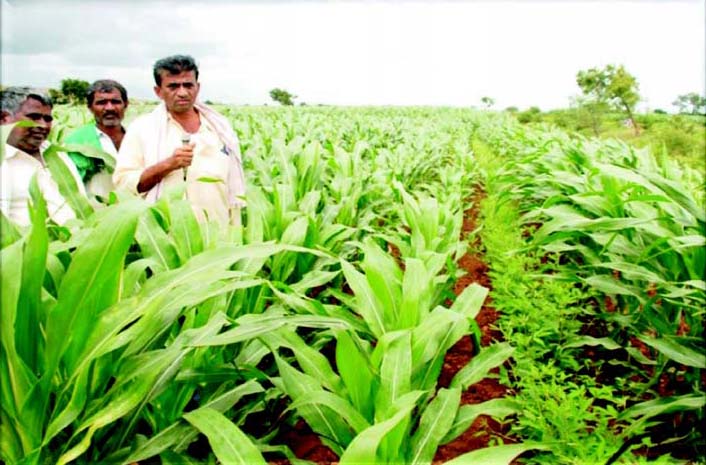Droughts and Floods
Citizens voice alarm over recent Supreme Court judgement on interlinking of rivers
Posted on 25 Apr, 2012 10:39 AMThe Supreme Court of India has in its judgment of 27 February 2012 on the interlinking of rivers project, given categorical directions to the Executive Government to implement the ‘project’ as a whole in a time bound manner and has also asked the Centre to appoint a Special Committee to work out the modalities and oversee the implementation of the project.
Critical review of the impacts, challenges, prospects and conflict management for vitally needed inter-linking of rivers in India
Posted on 23 Apr, 2012 12:17 PMGuest post by : Er. Radhey Shyam Goel
1. Introduction
Appointment of young professionals as Prime Minister's Rural Development Fellows - Some questions
Posted on 23 Apr, 2012 11:19 AMThe critics of the PMRDFS have already started asking questions as follows:
Interlinking of rivers project: A disquieting judgement - Ramaswamy Iyer's perspective in the EPW on the recent Supreme Court decision
Posted on 20 Apr, 2012 10:52 PM
1. Introduction
Two writ petitions were filed in 2002 on the subject of interlinking. The judgement finally passed in 2012 directs the implementation of this project. This judgement is disturbing for the following reasons:
Water supply and demand management of the Indus basin : Options for current and future sustainable water resources management
Posted on 17 Apr, 2012 12:04 PMArticle Courtesy : Hydrology and Earth System Sciences (HESS)
Authors : A.N. Laghari, D.Vanham, and W.Rauch
A student uses India Water Portal on Twitter (@indiawater) for research
Posted on 12 Apr, 2012 04:10 PMShe found Twitter to be a useful place to conduct her research on issues of governance and institutions in watershed management programs in India and the U.S., because it enabled her to pick the resources she found useful without having to go through lots of articles and research papers.
PPP models for irrigation projects – Why and why not?
Posted on 10 Apr, 2012 11:17 AMAuthor : Rasika Gokhale Athawale
Scientific and technological approaches for sustainable use of water resources: Summary of the Global Indian Scientists and Technocrats Forum convention held at Pune, in December 2010
Posted on 09 Apr, 2012 11:17 PMThe sessions were as follows:
The return of the earthworm: Association for India's Development's (AID-JHU) practicing organic farming in the Sunderbans
Posted on 08 Apr, 2012 10:51 PMArticle and Video Courtesy : Association for India's Development - Johns Hopkins University
Author : Nishikant
Critical analysis of the overarching issues in Indian agriculture - State of Indian agriculture report (2011-2012)
Posted on 06 Apr, 2012 06:57 PM




